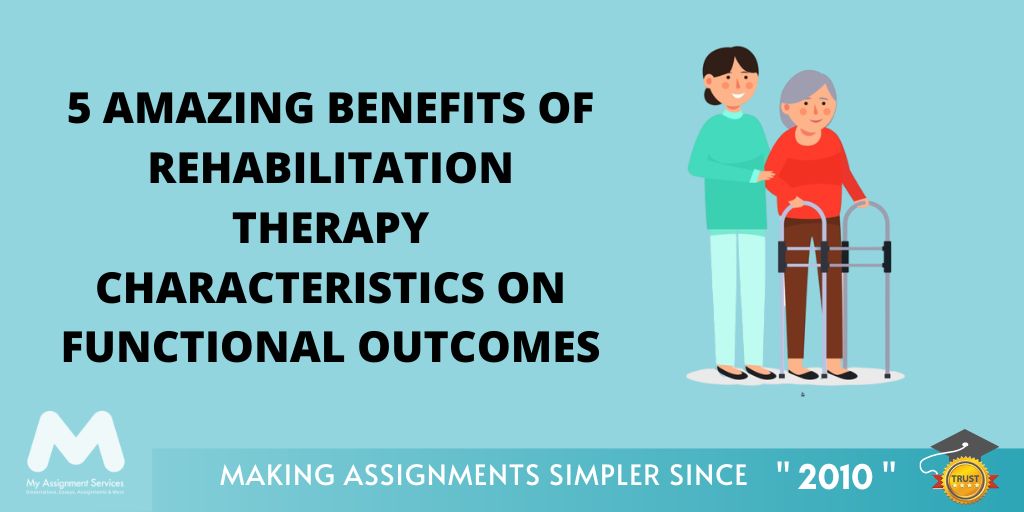The Definitive Guide to Narconon Africa
Table of ContentsThe Main Principles Of Narconon Africa The smart Trick of Narconon Africa That Nobody is Talking AboutNot known Details About Narconon Africa Everything about Narconon AfricaThe Best Strategy To Use For Narconon AfricaThe Best Guide To Narconon AfricaThe Ultimate Guide To Narconon Africa
In a collection of papers with Manudeep Bhuller and Katrine V. Lken, we overcome these data challenges and the nonrandomness of imprisonment, supplying brand-new insights into just how imprisonment impacts relapse, work, kids, and criminal networks - Drug recovery program. Figure 1 Our work studies the results of incarceration in Norway, a setup with two crucial advantagesWe can even more connect this information to various other relative, including kids and siblings. In addition, we have details on co-offending that enables us to draw up criminal networks for observed crimes. Second, we can leverage the arbitrary task of criminal cases to courts who vary in their propensities to send offenders to jail.
Some judges send out accuseds to prison at a high price, while others are much more lenient. We gauge a judge's stringency as the ordinary imprisonment rate for all various other cases a judge manages, after controlling for court and year fixed impacts, which is the level of random assignment. This quasi-random task of court stringency can be utilized as an instrument for imprisonment, as it highly predicts the judge's decision in the existing situation, yet is uncorrelated with various other instance qualities both deliberately and empirically.
Rumored Buzz on Narconon Africa
Qualities of detainees, including demographics and criminal offense classifications, are broadly similar in Norway and other countries, including the United States, with the exemptions that the United States homicide rate is a lot greater, and race plays a larger role there as well. What sticks out as different, especially compared to the United States, is the prison system.
Number 2In Norway, the ordinary time spent behind bars is a little over 6 months, which resembles most various other Western European nations. This contrasts with average United States prison time of almost 3 years, which is in large component the reason the USA is an outlier in its incarceration price compared with the rest of the globe [Figure 1]
The Ultimate Guide To Narconon Africa
This gives a lot more splitting up between small and solidified offenders than exists in the United States. There is no congestion in Norwegian jails and much better personal security, with each detainee being appointed to their very own cell and a greater inmate-to-staff proportion than in the United States (https://filesharingtalk.com/members/597093-narcononza12?tab=aboutme&simple=1). Jails in Norway likewise provide well-funded education, medicine therapy, mental health and wellness, and task training programs
Our research on the effects of imprisonment on the offender, making use of the arbitrary assignment of courts as a tool, yields three crucial searchings for. Imprisonment inhibits even more criminal habits. We locate that imprisonment decreases the chance that an individual will certainly reoffend within 5 years by 27 portion points and lowers the corresponding number of criminal charges per person by 10 charges.
Fascination About Narconon Africa
We discover sizable reductions in reoffending probabilities and cumulative charged criminal offenses even after accuseds are released from jail. Our 2nd result is that bias as a result of selection on unobservable specific characteristics, if disregarded, leads to the incorrect verdict that time spent in jail is criminogenic. If we just compare criminal defendants imprisoned versus those not sentenced, we discover positive associations between incarceration and subsequent criminal activity.
This stands in contrast to our evaluation based on the arbitrary task of courts, which locates an opposite-signed outcome. Third, the reduction in criminal activity is driven by people who were not functioning prior to incarceration. Amongst these individuals, jail time boosts involvement in programs routed at boosting employability and decreasing relapse, and this ultimately increases employment and profits while dissuading criminal habits.

Jail time causes a 34 portion factor increase in engagement in work training programs for the formerly nonemployed, and within 5 years their work price increases by 40 portion factors. At the same time, the likelihood of reoffending within five years is reduced by 46 portion points, and there is a decrease of 22 in the ordinary number of criminal costs.
The Single Strategy To Use For Narconon Africa

A plausible description for the distinction is that Norway's prison system differs significantly, both in terms of prison-term size and prison problems, from the US prison system. While recognizing the effects of incarceration on the culprit is a crucial first action, catching spillover results is additionally crucial for assessing criminal justice policy and making efficient jail systems.
The Greatest Guide To Narconon Africa

Common least squares estimates expose that youngsters of incarcerated daddies are 1 percent factor more probable to be charged with a criminal offense, about a mean of 13 percent, and reveal no impact on institution qualities. Utilizing our judge stringency instrument, we find no analytical proof that a daddy's imprisonment influences a child's very own criminal activity or institution qualities, yet we are not able to eliminate modest-sized effects.
Top Guidelines Of Narconon Africa
We define criminal groups based on network links to prior criminal instances. When a criminal network participant is incarcerated, their peers' chance of being charged with a future criminal activity reduces by 51 percentage factors over the next 4 years - https://za.enrollbusiness.com/BusinessProfile/6708867/Narconon%20Africa#.